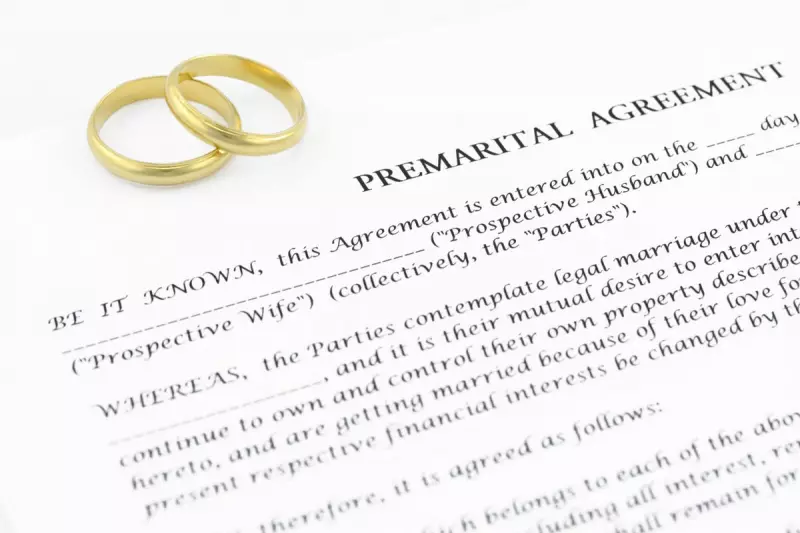
Once considered the preserve of the wealthy, prenuptial agreements are now gaining traction among everyday couples in the UK. With rising financial independence and complex assets, more soon-to-be-wed partners are turning to prenups to safeguard their future.
What Is a Prenuptial Agreement?
A prenuptial agreement, or 'prenup', is a legal contract drawn up before marriage that outlines how assets and finances will be divided in the event of a divorce. While not automatically binding in UK courts, they are increasingly taken into account if deemed fair.
Why Are Prenups on the Rise?
Several factors are driving the surge in prenups:
- Financial Independence: More individuals enter marriage with significant assets, businesses, or debts.
- Second Marriages: Those remarrying often want to protect inheritances for children from previous relationships.
- Property Prices: High-value homes make asset division a major concern.
- Legal Awareness: Couples are becoming more informed about their options.
Are Prenups Legally Binding in the UK?
Unlike in some countries, UK courts don't automatically enforce prenups. However, since the landmark 2010 Radmacher v Granatino case, judges have given them considerable weight if:
- Both parties received independent legal advice
- There was full financial disclosure
- Neither party was pressured to sign
- The agreement is fair
Who Should Consider a Prenup?
Financial experts recommend prenups for:
- Business owners
- Those with family wealth
- Individuals with significant assets or debts
- People entering second marriages
- Couples with international connections
While discussing a prenup might feel unromantic, many couples find it actually strengthens their relationship by ensuring transparency about finances from the start.





